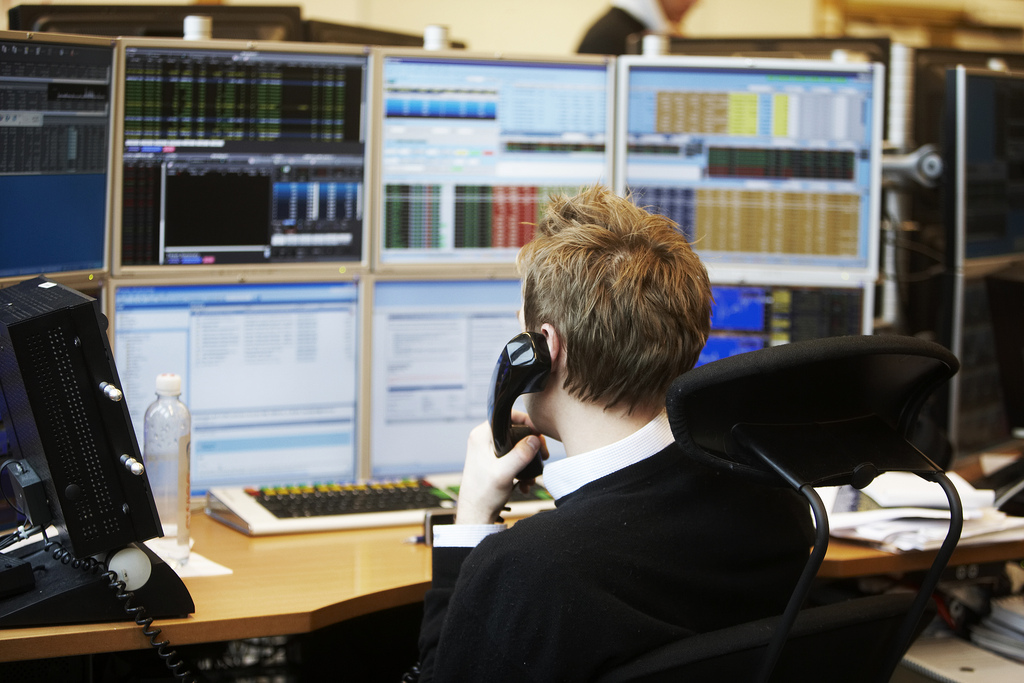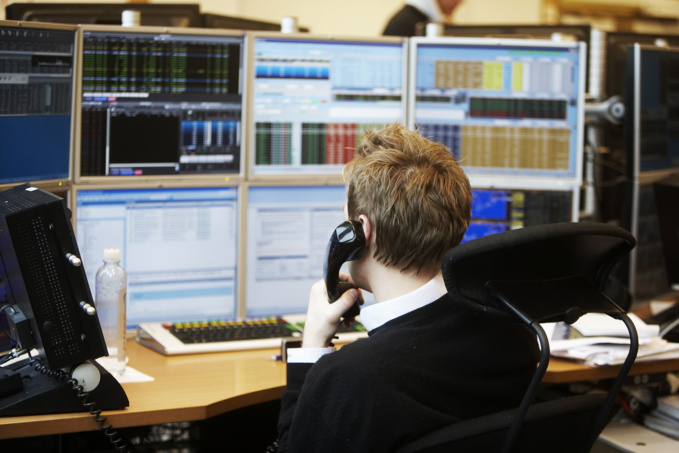Europe can offer many potential targets for them, and there are two reasons for this. Firstly, the region’s financial culture is characterized by a high degree of ceremoniousness, especially outside the UK. Investors are much less likely to challenge management, and this often means that lazy and unskillful managers take up their positions for too long.
Secondly, after the euro-zone crisis of 2010-2011, global investors basically began to bypass Europe. Nobody wanted to deal with Italian or Spanish business, the same could be said about German and French. Now that the crisis is over, investors are again paying attention to the undervalued region, in particular, to companies that show worse results than they could.
Here are some European companies that can become objects of attention of activist investors in the near future.
Novartis
Many European pharmaceutical companies have shown very weak results in the past 10 years, failing to produce enough new products to replace expired patents. GlaxoSmithKline and AstraZeneca disappointed investors. Novartis’ shares are now worth no more than in 2014. The company's own business for the production of eye care products failed. In addition, it was subject to investigation in the case of possible abuse in the US and South Korea. CEO Joe Jimenez began to trim his growing empire. However, much remains to be done - and it will not be difficult for a person from outside to improve the company.
HSBC
The British bank has turned into one of the largest financial conglomerates with units around the globe. Still, it has to understand that investors want an international bank, and its business differs from a bank simply capable of making transactions anywhere in the world. After all, who cares whether the bank has a branch in Australia or Mexico, if its ATMs work? Meanwhile, HSBC shares show weak results, today they are cheaper than in 2001 or in 2013. Perhaps it makes sense for the bank to sell its local branches and pay the money to its shareholders.
Volkswagen
The German automotive giant suffered from a scandal with the emissions of its diesel engines, and it is difficult to figure out when the stock price will recover. Prior to the scandal, Volkswagen shares cost around 250 euro, and now - around 134 euro. However, the company has one of the best portfolios of automobile brands - from Audi and Porsche to Skoda. An activist investor can force the company's management to consider such radical options for increasing shareholder value, if, of course, its shareholding will be larger than the share of the authorities in Lower Saxony.
Unilever
Like Nestlé, this giant corporation owns an excellent portfolio of brands, including Knorr and Ben & Jerry's. However, in the past few years, the company has been struggling to get them to work. It should be recognized that over the past five years the share price of the company has increased from 30 to 50 euro, but the result could still be better. Maybe the company should think about dividing the business up? Or take an even bolder step - to merge with Nestlé, which would result in saving huge amounts of money. In any case, there is no doubt that the company can work better. If investor activists like Loeb are to taste the European giants, this can bring good profits to ordinary shareholders.
source: marketwatch.com
Secondly, after the euro-zone crisis of 2010-2011, global investors basically began to bypass Europe. Nobody wanted to deal with Italian or Spanish business, the same could be said about German and French. Now that the crisis is over, investors are again paying attention to the undervalued region, in particular, to companies that show worse results than they could.
Here are some European companies that can become objects of attention of activist investors in the near future.
Novartis
Many European pharmaceutical companies have shown very weak results in the past 10 years, failing to produce enough new products to replace expired patents. GlaxoSmithKline and AstraZeneca disappointed investors. Novartis’ shares are now worth no more than in 2014. The company's own business for the production of eye care products failed. In addition, it was subject to investigation in the case of possible abuse in the US and South Korea. CEO Joe Jimenez began to trim his growing empire. However, much remains to be done - and it will not be difficult for a person from outside to improve the company.
HSBC
The British bank has turned into one of the largest financial conglomerates with units around the globe. Still, it has to understand that investors want an international bank, and its business differs from a bank simply capable of making transactions anywhere in the world. After all, who cares whether the bank has a branch in Australia or Mexico, if its ATMs work? Meanwhile, HSBC shares show weak results, today they are cheaper than in 2001 or in 2013. Perhaps it makes sense for the bank to sell its local branches and pay the money to its shareholders.
Volkswagen
The German automotive giant suffered from a scandal with the emissions of its diesel engines, and it is difficult to figure out when the stock price will recover. Prior to the scandal, Volkswagen shares cost around 250 euro, and now - around 134 euro. However, the company has one of the best portfolios of automobile brands - from Audi and Porsche to Skoda. An activist investor can force the company's management to consider such radical options for increasing shareholder value, if, of course, its shareholding will be larger than the share of the authorities in Lower Saxony.
Unilever
Like Nestlé, this giant corporation owns an excellent portfolio of brands, including Knorr and Ben & Jerry's. However, in the past few years, the company has been struggling to get them to work. It should be recognized that over the past five years the share price of the company has increased from 30 to 50 euro, but the result could still be better. Maybe the company should think about dividing the business up? Or take an even bolder step - to merge with Nestlé, which would result in saving huge amounts of money. In any case, there is no doubt that the company can work better. If investor activists like Loeb are to taste the European giants, this can bring good profits to ordinary shareholders.
source: marketwatch.com



















